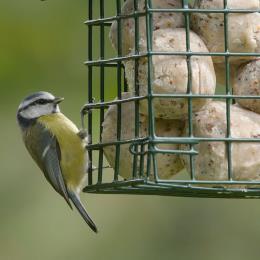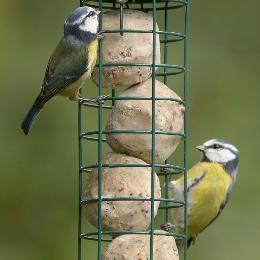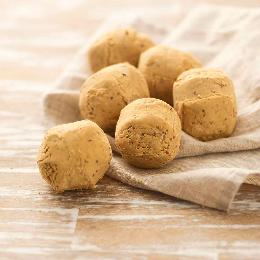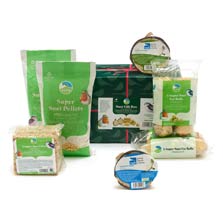Slide 1 of 1 



No-quibble free returns:
Unhappy with your item? We offer no-quibble free returns
Nature-friendly products:
Sourced through ethical and sustainable accreditations
Free delivery over £20:
£3.95 standard UK shipping, or free shipping over £20
Supporting the RSPB:
Every purchase you make supports wildlife
Fat balls for birds
Give garden birds a boost with our Super suet fat balls. These high-energy, nutritional supplements are made with a mix of quality suet, seeds and cereals. Our show-stopping Super suet fat balls contain considerably more fat than our standard balls, providing extra nutrition for garden birds all year round. All our suet balls are perfect for popping in rigid mesh suet feeders or on the ground.
4 list items
Suet fat balls FAQs
What birds eat fat balls?
Fat balls and other suet foods are a popular for many different types of birds, both large and small. Nuthatches, Wrens, thrushes, creepers, Jays, and nearly all Woodpeckers are amongst the types of birds drawn to suet balls, but there are plenty more.
How long do fat balls last?
Fat balls can last up to two years in their original packaging, but once opened they only last a few weeks. Birds adore fat balls, so you can expect them to devour them long before the deadline.
What are fat balls made of?
Suet, which is made from a solidified mix of pure fat such as lard, is blended with dry food and bird feeds like seeds, almonds, and mealworms to make fat balls.



